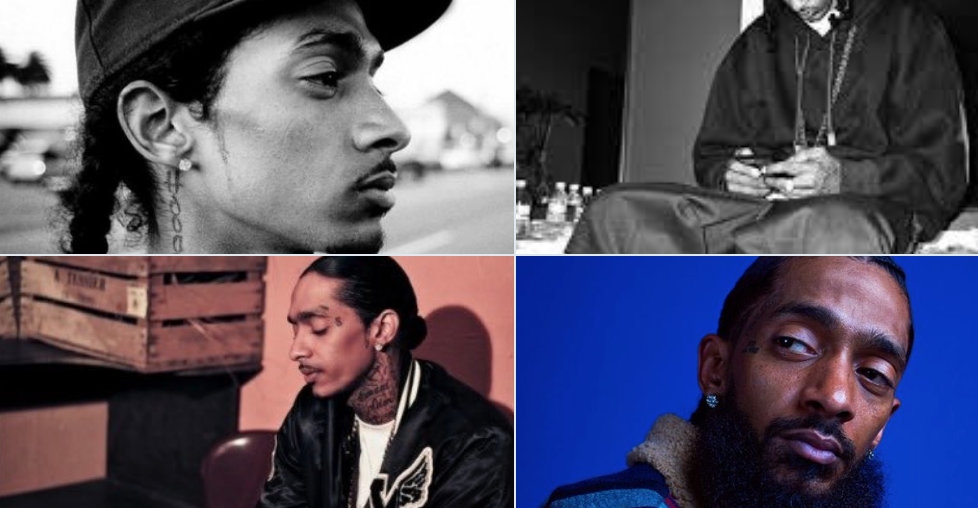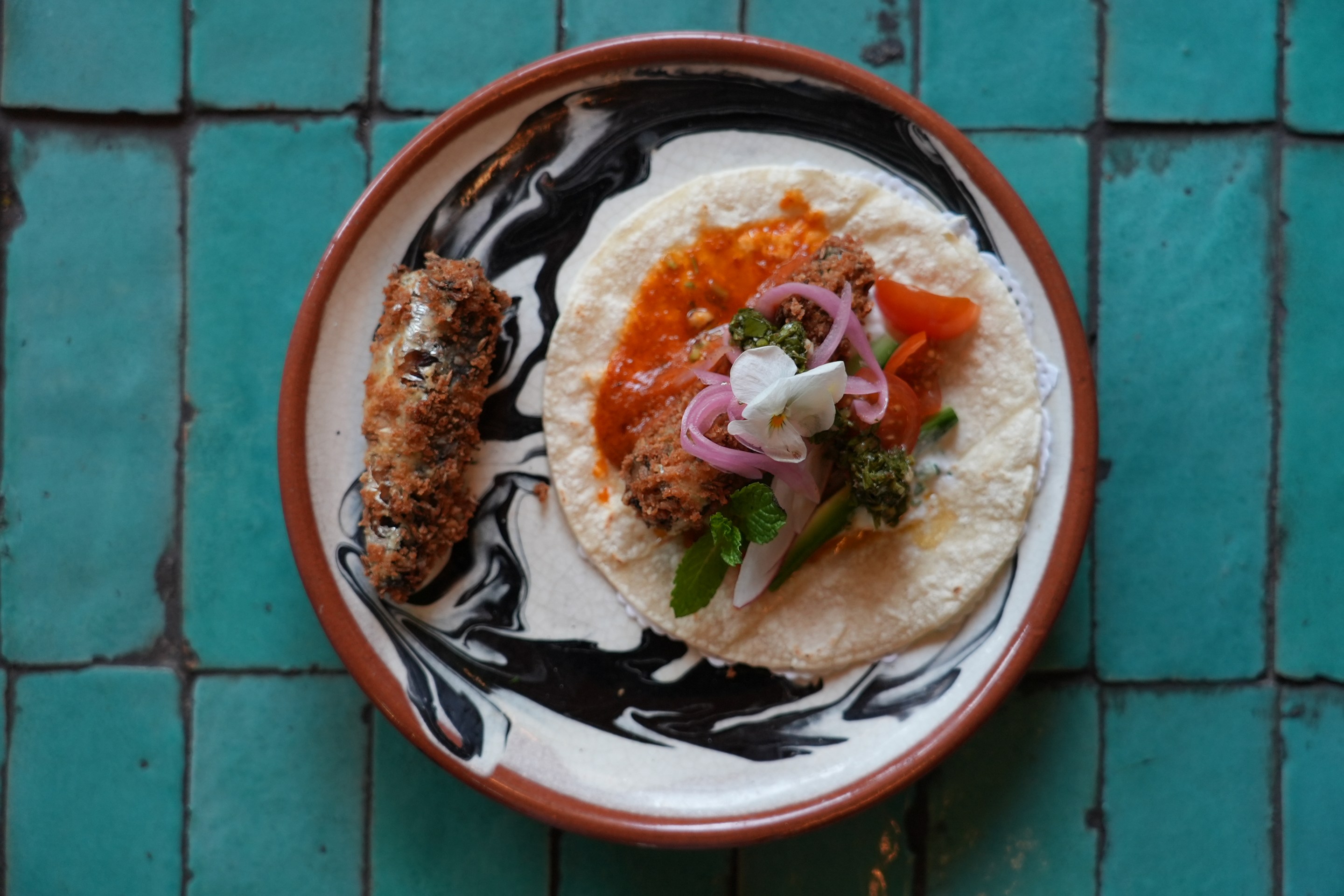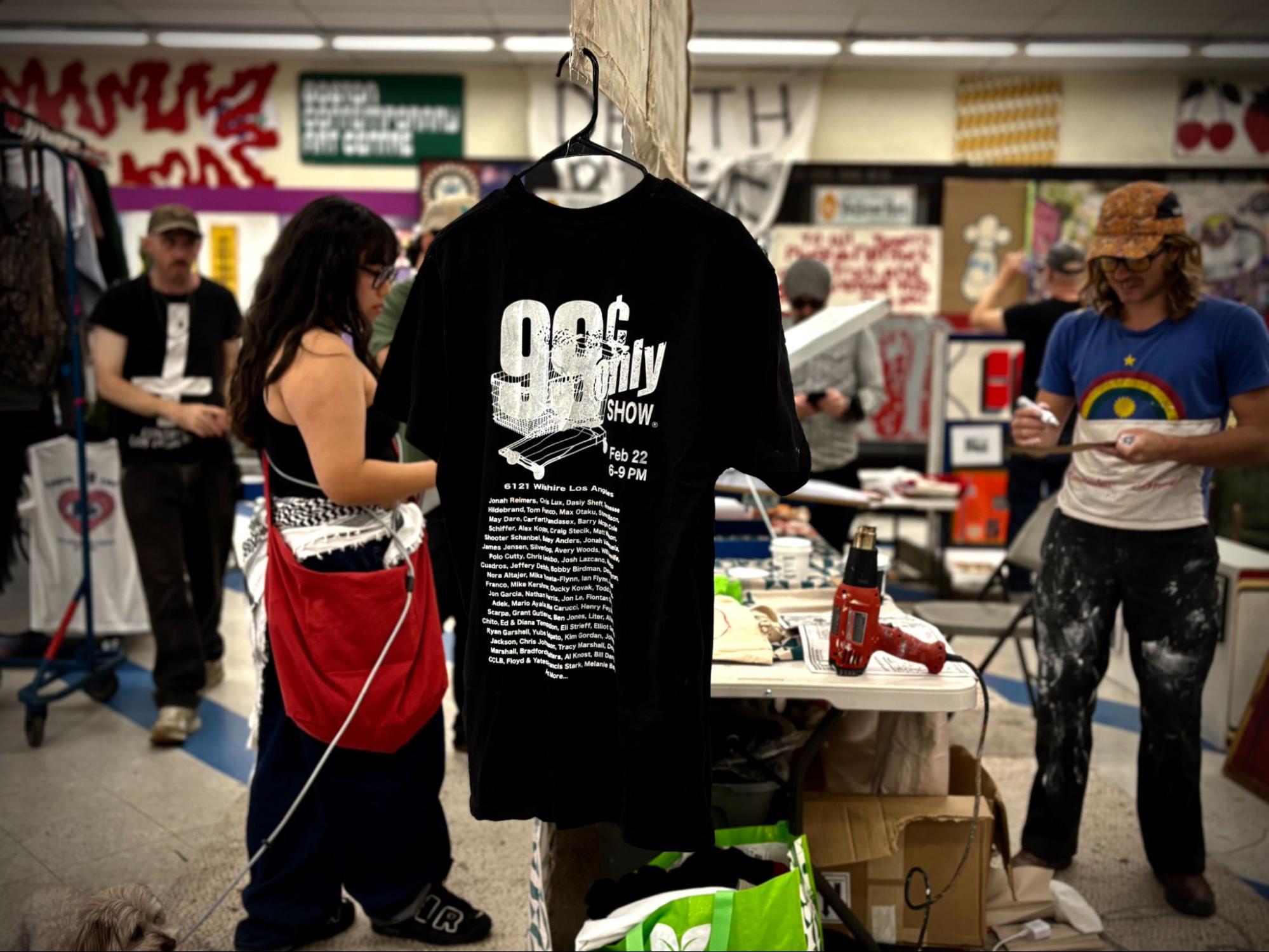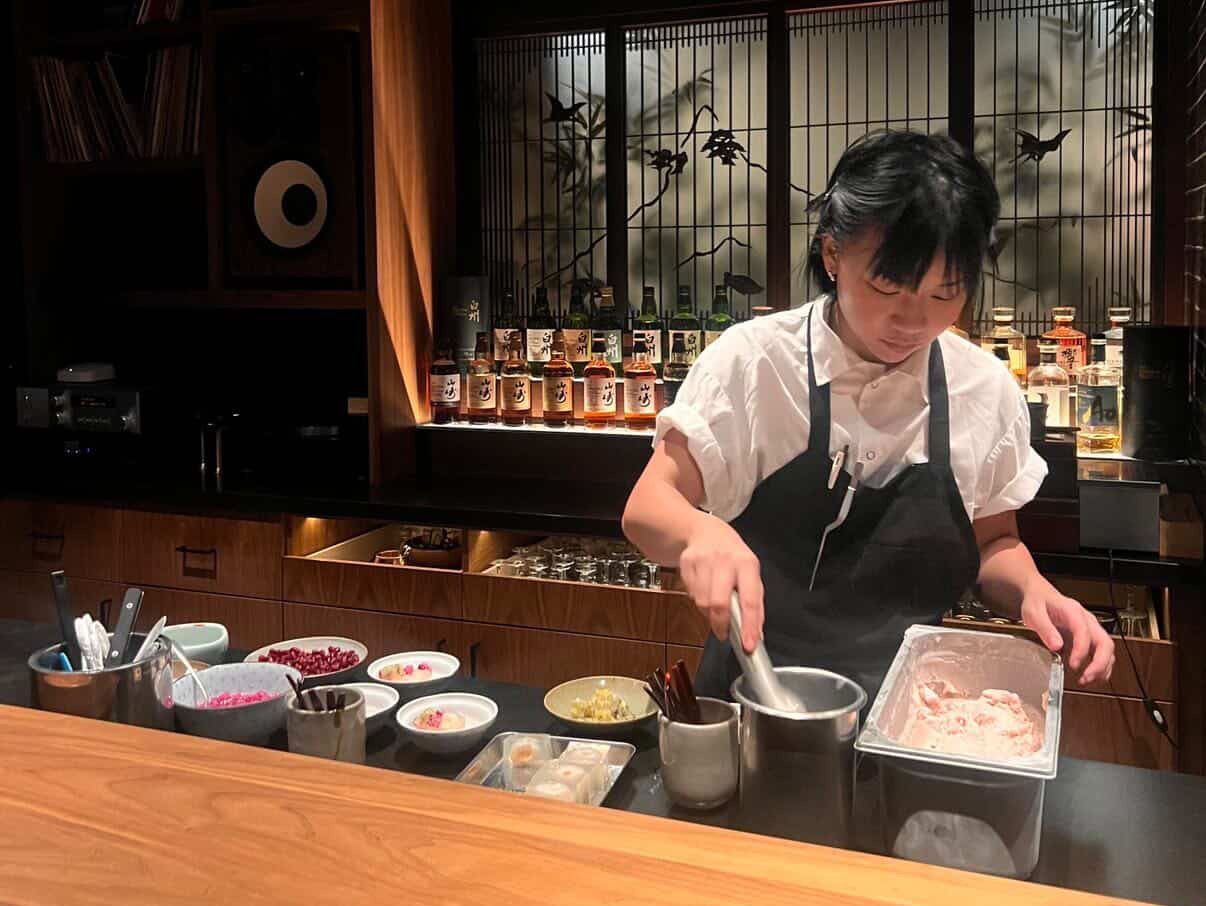[dropcap size=big]'N[/dropcap]ipsey Hussle was more than a rapper.' That seems to be the sentiment as tributes and feelings of shock poured in about the slain Crenshaw native, who was beloved by his community — a community he championed, invested in, and held up for the world to see.
But those of that grew up south of the 10, east of the 405, know that rap as its purest form has always been about much more than gold-plated consumerism.
Born Ermias Asghedom in South Los Angeles on August of 1985, Nipsey Hussle would grow up to embody the spirit of early hip hop that gave a voice to the community. He told true stories from the streets, and gave young people of color an outlet to express pride and often times disillusionment. In the gilded age of rap music, Nipsey was a throwback.
Several younger people on social media who weren't around to see it, compared his murder and our loss from it to that of L.A.'s adopted son Tupac Shakur.
This must be how the West Coast felt like when Tupac died. Thank you for everything Nipsey. You are loved and appreciated. I learned a lot about artist ownership, discipline, and creating opportunities for your community.
— KATHLEEN (@soufsidekat) April 1, 2019
ALL MONEY IN NO MONEY OUT 🏁 pic.twitter.com/SW7z9ha2xx
Malcolm.
— Torraine Walker (@TorraineWalker) April 1, 2019
Fred Hampton.
Tupac Shakur.
Darren Seals.
Nipsey Hussle.
Black men who lead by example and try to build something within their communities are always targets. Eliminate the men, and you remove the first line of physical, psychological, and economic defense.
Most of the tributes to the business mogul and Grammy-nominated rap artist reflect his impact as a leader of the community. His approach to music, his skills a business man, and his belief in investing in his people, served to uplift the parts of L.A. that are often times in a three-way tug of war between systemic poverty, crime, and opportunistic gentrifiers.
Nipsey was one of the most inspirational artists of this generation. He was more than a rapper, he was a Black activist. I just hope this generation of black people and the generations after can learn something from him. Nipsey legacy will forever live. The truth will never fade. pic.twitter.com/8H0PedgoBa
— SHE (@salamamitana) April 1, 2019
RELATED: Highlights From the Rogue 99: In Praise of South Los Angeles
The pain appeared almost too unbearable in its closeness for those who grew up in communities just like Crenshaw and have dedicated their life to improving it without stealing its soul.
This hurts. https://t.co/wuEWlF2xBs
— Patty Rodriguez (@pattyrodriguez) April 1, 2019
😥😥😥😥😥😥‼️‼️‼️‼️ So so SAD man!! DAMN man this hurt.
— LeBron James (@KingJames) April 1, 2019
Overall, many people wanted to remember the 33-year-old entrepreneur and father of two in his own words.
Nipsey was all about his community, investing in Vector 90, a co-working space in South Central LA for entrepreneurs and place for young people to take classes in STEM. Please take a moment to watch this. His legacy. pic.twitter.com/OnrPS3cZeQ
— Michael Skolnik (@MichaelSkolnik) April 1, 2019
ive probably watched this clip alone 100 times. his music gave me motivation to just keep pushing man. sad sad day. Rest In Peace Nipsey Hustle. 🙏🏾 pic.twitter.com/UFus5k1Xay
— 1/1 (@nickkjagger) April 1, 2019
"Just ask around. He was known to buy shoes for students. He repaved basketball courts and freshened up playgrounds." @GerrickKennedy on Nipsey Hussle and what he meant to South LA. https://t.co/HTE8o6PQHv
— Julia Turner (@juliaturner) April 1, 2019






